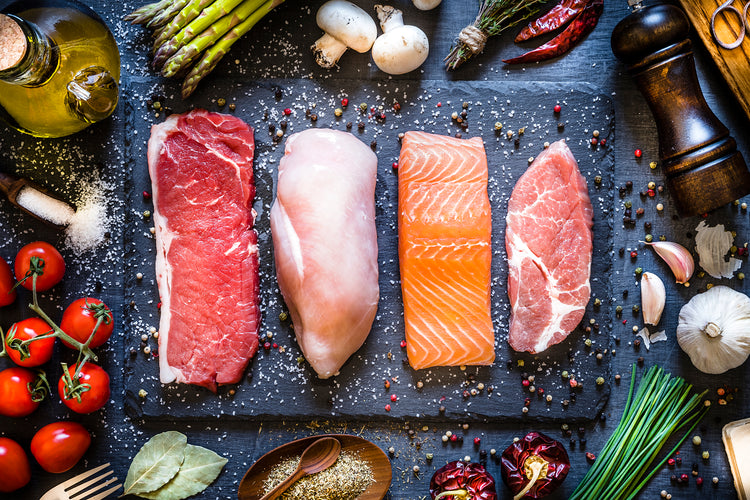
“Choline plays a significant role in neurotransmitter function, methylation pathways, cell membrane signalling, and early brain development”, says Michelle Hoeing Bauche, MS, RDN of the University of Missouri Health Care system. The trend towards vegetarian or vegan lifestyles will, without doubt, make deficiencies even more common as traditionally it’s found in higher amounts in meat, poultry and fish
So, what is choline and why is it so critical?
Choline is present in the form of phosphatidylcholine, which is a compound that makes up the structural component of fat. It’s a water-soluble nutrient that is closely related to the B vitamin group and has similar functions in terms of energy, metabolism and neurological support.
As an important methyl donor, choline contributes to important chemical processes that our bodies use to ensure our genes work properly.  Methylation is a process that plays a vital role in many diverse areas of our health including the development of the central nervous system in early childhood, optimal immunity and the production of neurotransmitters that contribute to mental health.
Methylation is a process that plays a vital role in many diverse areas of our health including the development of the central nervous system in early childhood, optimal immunity and the production of neurotransmitters that contribute to mental health.
Studies have highlighted the importance of choline for brain development in the womb and cognitive function in childhood. Choline is also important for healthy brain function in the elderly due to its fundamental role in the production of the neurotransmitter acetylcholine which is involved in memory, mood, muscle motor function and other brain and nervous system-related activities.
It is estimated that around 50% of the worldwide population has a gene mutation that interferes with folate absorption. This MTHFR enzyme will significantly reduce folate levels, in many of these individuals increasing choline intake can offset some of the negative effects of insufficient folate.
Research in the states shows that 9 out of 10 American’s don’t get enough choline a nd I would expect similar statistics in the UK. Pregnant women and women in their childbearing years are highlighted as a category that is of major concern.
nd I would expect similar statistics in the UK. Pregnant women and women in their childbearing years are highlighted as a category that is of major concern.
Menopausal women too are also at higher risk of deficiency. Estrogen stimulates the gene responsible for choline production as estrogen levels drop choline levels can decrease.
With significant implications for health, increasing choline intake can be as easy as including more eggs into your diet. The yolk of a medium-sized egg provides around 125mg of choline, that’s about one-quarter of the recommended daily amount.
For some, supplementation can be a useful way to easily incorporate increased choline intake into the diet.
Here are some recommended products are chosen by our team of practitioners.